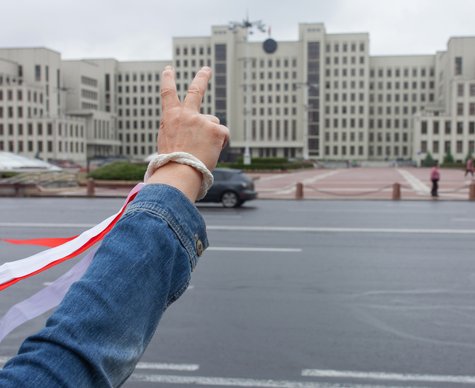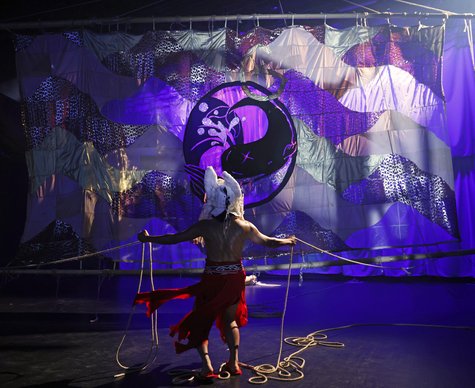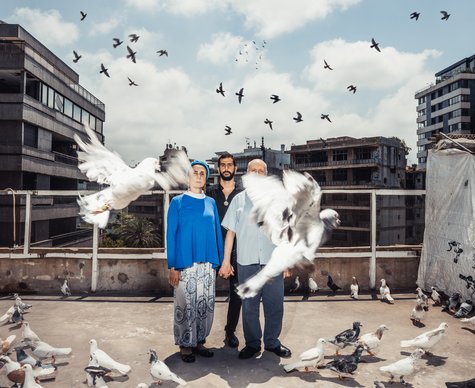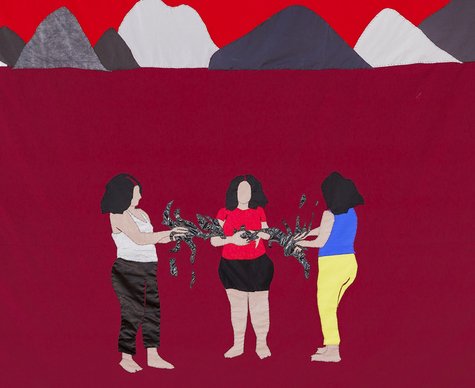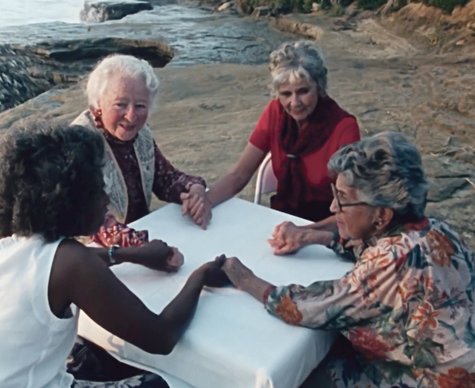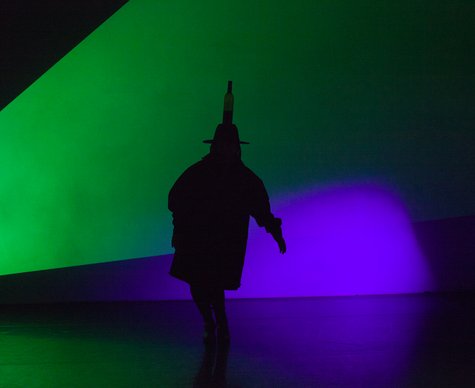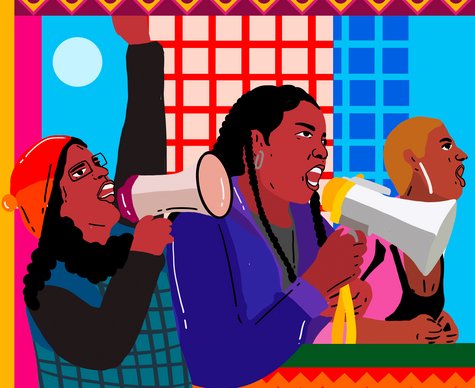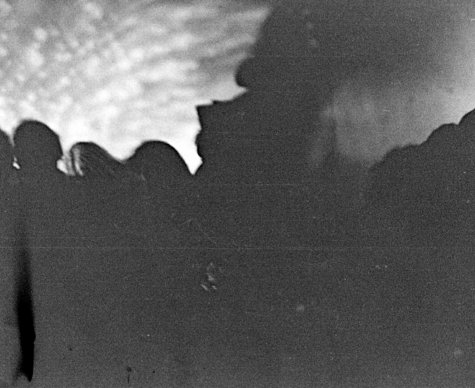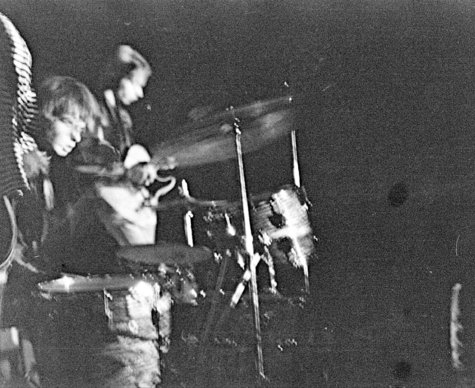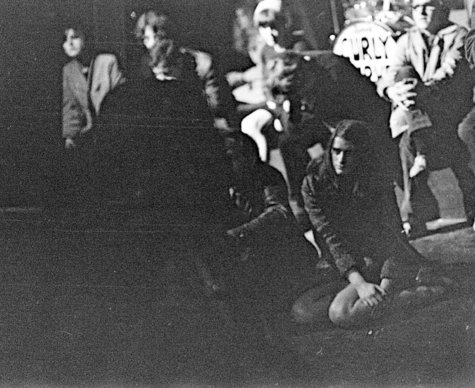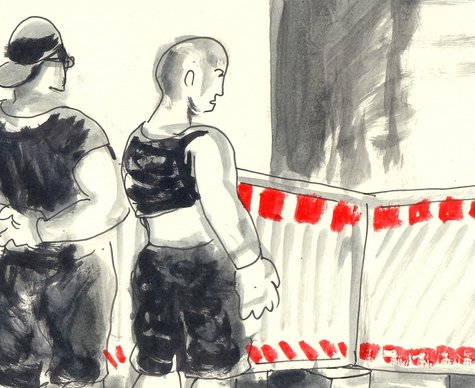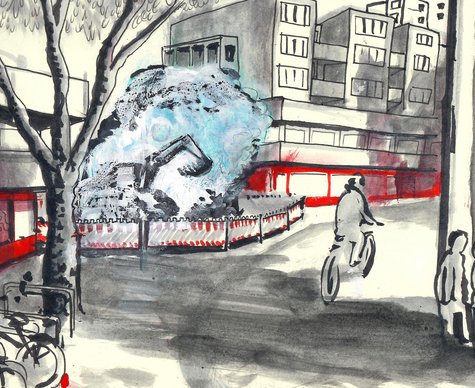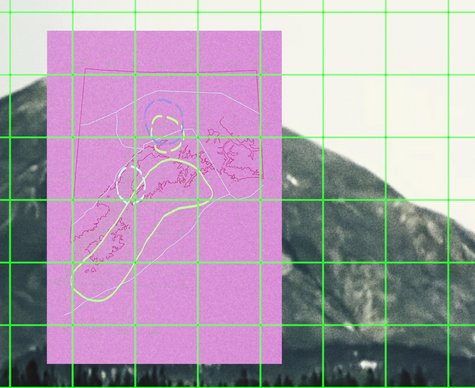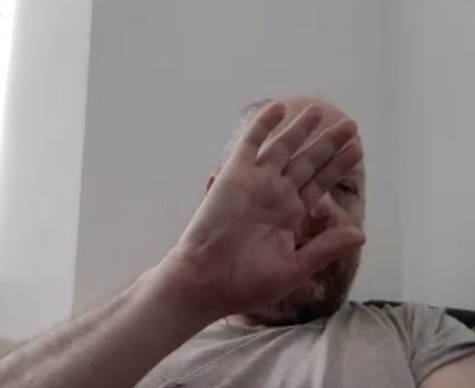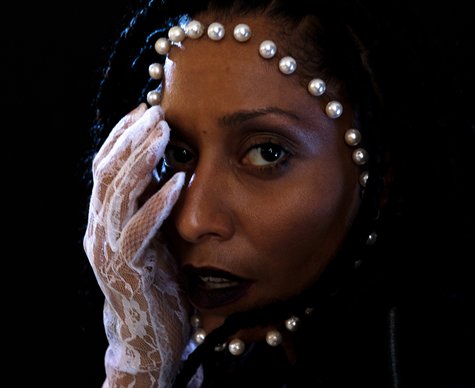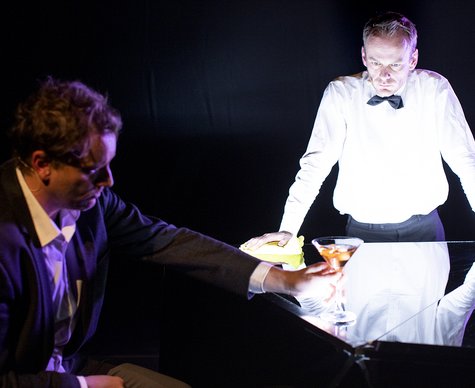Burning Futures: On Ecologies of Existence
#1 Facing Extinction!
With Marcela Vecchione, Franco Berardi Bifo and Antonia Majaca / Statement: Hugo Sir
Moderation: Maximilian Haas and Margarita Tsomou
- Dialogue
Too little, too late: The catastrophes that are mounting up before us with climate change, species extinction, the pollution and exploitation of the soil, air and water are just as real as they are incomprehensible/ inconceivable. Many scientists argue that the destruction is no longer stoppable. How do we deal with the fact that it’s too late to reverse the disastrous developments? What might it mean to think from the end in order to deal with the coming catastrophe? Fact is that the ways of life and production in the Global North are also ecologically no longer sustainable, and that the problems of racism, colonialism, patriarchy and the class society will only get worse as a result. In his 1989 essay “The Three Ecologies,” psychoanalyst Félix Guattari wrote that the questions of subjectivity, social relations and the environment can only be addressed together. The new discussion series at HAU thematises these connections between concrete environmental struggles and speculative theoretical propositions.
In the opening discussion of the series on November 4, “#1 Facing Extinction”, Marcela Vecchione, professor at the Center for Advanced Amazonian Studies in the Brazilian Amazon, Franco Berardi Bifo, the critic of capitalism and theorist of Italian post-operaismo, and the feminist theorist Antonia Majaca (IZK, University of Graz) will discuss the subjective and social confrontation with extinction.
We have always identified the future with expansion and growth, according to Franco Berardi Bifo. Now, faced with the exhaustion of natural resources, projections of progress into the future are disappearing. At the horizon of the accelerated world waits mass extinction, says Bifo. What would it mean to consider this death, this stagnation, the exhaustion of the Capitalocene, as an opportunity for the future?
The catastrophe has many aspects and speeds depending on the perspective taken. For many individuals and species, this has already had fatal consequences. So whose extinction are we actually talking about here? Marcela Vecchione, whose professorship and research institute are situated in the middle of the Amazon forest, will present indigenous and anticolonial perspectives on an extinction that has long been reality in the Amazon, placing this in context with the western discourse of the Anthropocene and with right-wing authoritarianism in Brazil. Finally, Antonia Majaca will speak about the gender dimension of nature and technology, opening up a planetary perspective on the future: How can we learn to live with extinction, and how can we transform our expectations of growth? How to live and die together?
Location
HAU1
Stresemannstr. 29, 10963 BerlinThere are two marked parking spots in front of the building. Access to the Parkett by means of a separate entrance with lift when necessary. Barrier-free restroom facilities are available. Tickets for wheelchair users and accompanying persons can be booked via the ticketing system. If you need any help, please contact our Ticketing & Service team at +49 (0)30 259004-27 or send us an email at
tickets@hebbel-am-ufer.de.
![[Translate to EN:]](/fileadmin/Hau/_processed_/5/5/csm_Image_Science_and_Analysis_Laboratory__NASA_Johnson_Space_Center_20eef0473f.jpg)



















